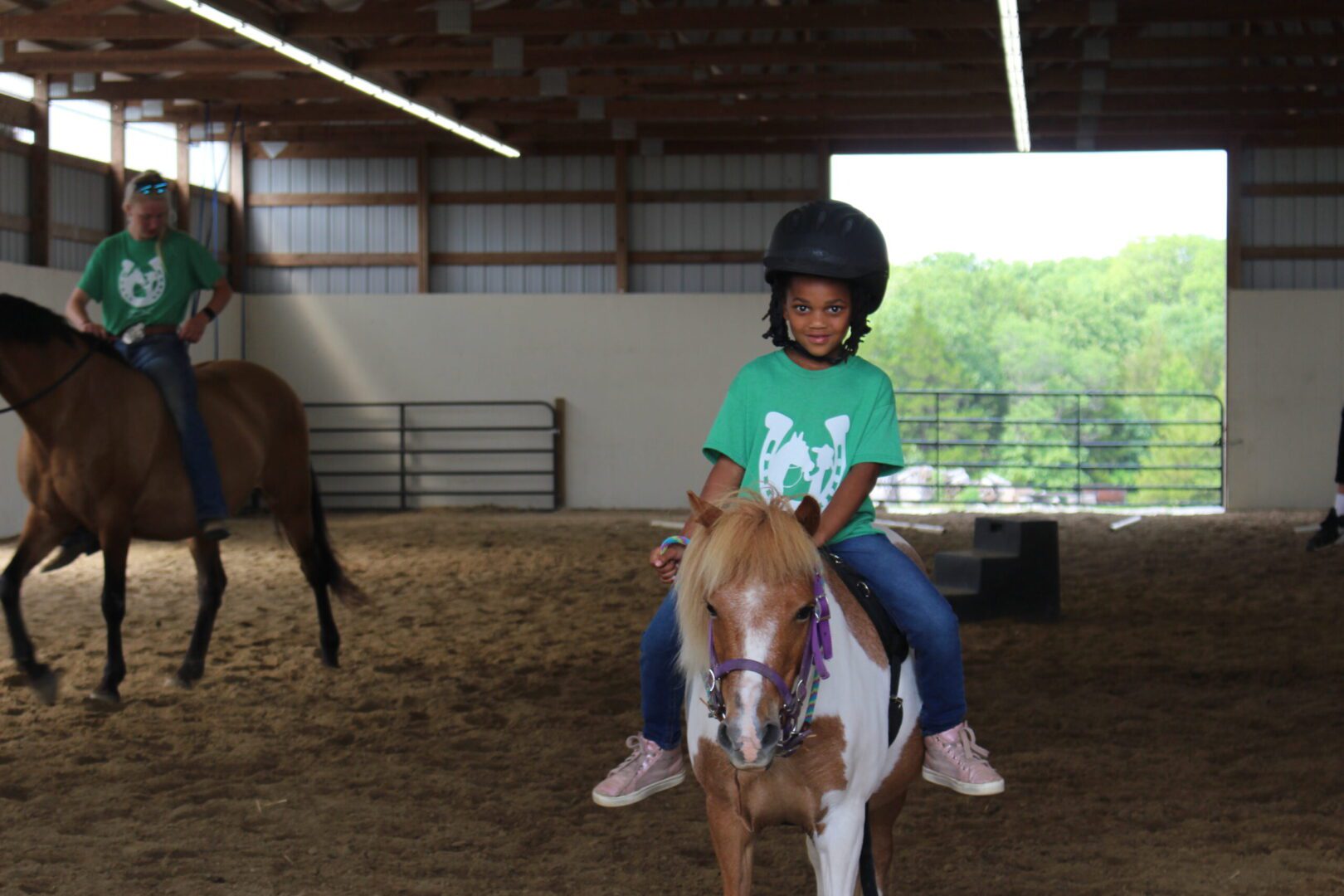In the world of horseback riding, there is a hidden link to building empathy within individuals. Many people view horseback riding as a thrilling activity or a competitive sport, but what they might not realize is the powerful impact it can have on developing empathy. Studies have shown that spending time with horses and engaging in horsemanship activities can help individuals cultivate emotional intelligence, compassion, and a deeper understanding of nonverbal communication. Through the partnership between human and horse, riders are given the opportunity to connect on a profound level, fostering empathy in both directions. This article explores the connection between horseback riding and empathy, shedding light on the remarkable benefits this activity can bring to one’s emotional growth.
The Connection Between Horseback Riding and Empathy
When we think of horseback riding, images of beautiful horses galloping through fields or riders gracefully jumping over obstacles may come to mind. However, there is a deeper connection between horseback riding and empathy that is often overlooked. In this article, we will explore the definition and benefits of empathy, provide an overview of horseback riding and its historical background, and discuss the scientific studies that have been conducted on the connection between horseback riding and empathy. We will also delve into the role of horses in promoting empathy, the physical and emotional connection between horse and rider, and the importance of trust and communication. Furthermore, we will explore the therapeutic use of horses in empathy-building programs and share case studies and testimonials of individuals who have developed empathy through horseback riding. Finally, we will provide tips for using horseback riding to enhance empathy, including choosing the right riding program, establishing a connection with the horse, developing empathy skills through riding, and building trust through groundwork. By the end of this article, you will have a comprehensive understanding of the powerful relationship between horseback riding and empathy and how it can positively influence personal growth and development.
Definition of Empathy
Empathy is the ability to understand and share the feelings of another person. It goes beyond sympathy, which is simply feeling sorry for someone. Empathy involves putting yourself in someone else’s shoes and experiencing their emotions as if they were your own. It is a fundamental aspect of human interaction and plays a crucial role in building meaningful connections and fostering positive relationships.
Benefits of Empathy
Empathy has numerous benefits, both for individuals and society as a whole. When we are empathetic, we are more likely to form strong and supportive relationships, as we are able to understand and respond to the emotions and needs of others. Empathy also promotes emotional intelligence, helping us to navigate and manage our own emotions effectively. Additionally, empathy fosters kindness, compassion, and altruism, leading to a more caring and empathetic society.
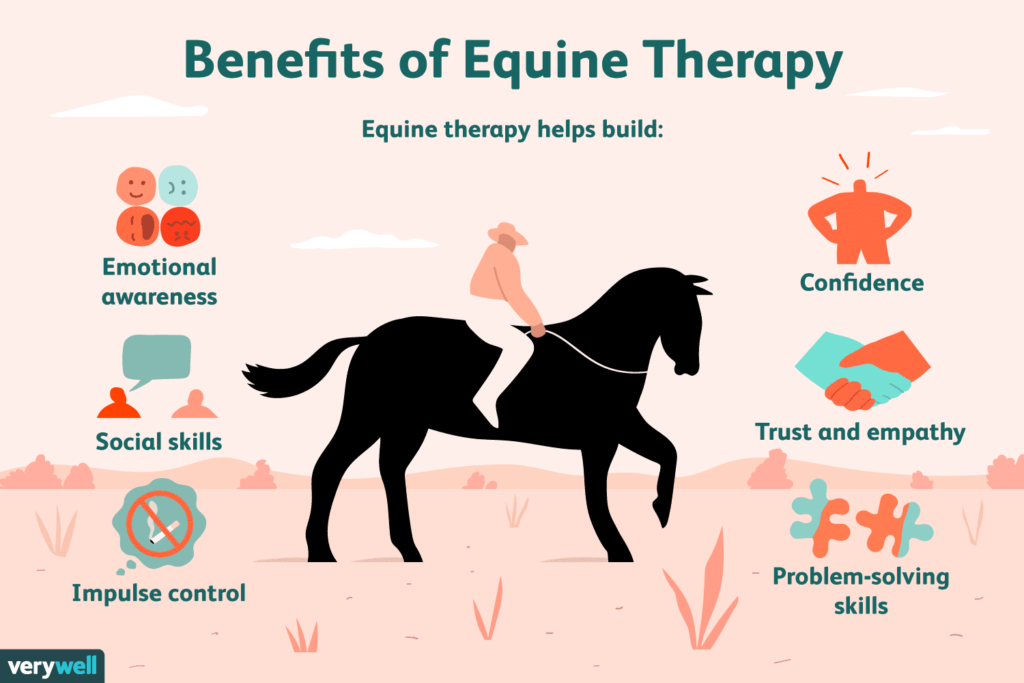
Overview of Horseback Riding
Horseback riding, also known as equestrianism, is the art of riding and controlling horses. It has a rich history and is considered both a sport and a recreational activity. Horseback riding provides individuals with the opportunity to connect with a powerful and majestic animal, utilizing their skills to ride and communicate effectively with the horse. It requires physical fitness, balance, coordination, and mental focus.
Historical Background of Horseback Riding
Horseback riding has been a part of human history for thousands of years. Initially, horses were domesticated for transportation and agricultural purposes. As civilizations developed, horses played a crucial role in warfare, communication, and exploration. Over time, horseback riding evolved into a popular recreational activity and a competitive sport. Today, it is enjoyed by people of all ages and backgrounds, from casual riders to professional equestrians.
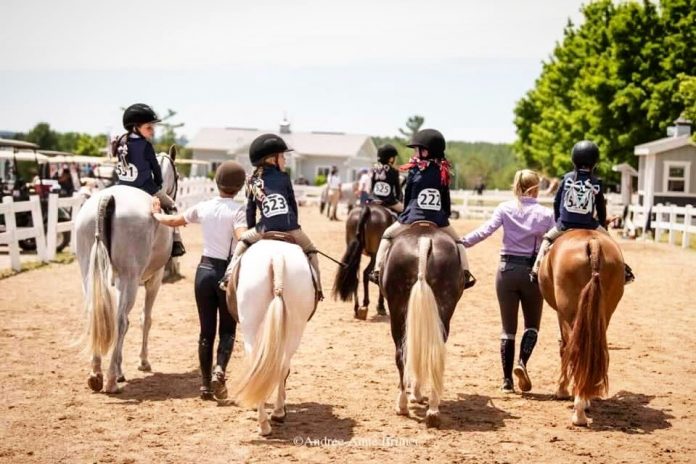
Benefits of Horseback Riding
Horseback riding offers numerous physical, mental, and emotional benefits. From a physical standpoint, it is an excellent form of exercise that improves balance, coordination, and core strength. Riding also promotes cardiovascular health and can help individuals develop better posture and flexibility. Mentally, horseback riding requires focus and concentration, providing a sense of calm and stress relief. Emotionally, riding can be empowering and confidence-building, as individuals learn to communicate and form connections with horses.
Scientific Studies on Horseback Riding and Empathy
Several scientific studies have explored the connection between horseback riding and empathy. One study conducted at the University of Nebraska-Lincoln found that children who participated in horseback riding programs showed significant improvements in empathy compared to control groups. Another study published in the Journal of Equine Veterinary Science found that spending time with horses improved empathy and reduced stress levels in college students. These studies suggest that horseback riding can have a positive impact on empathy development.
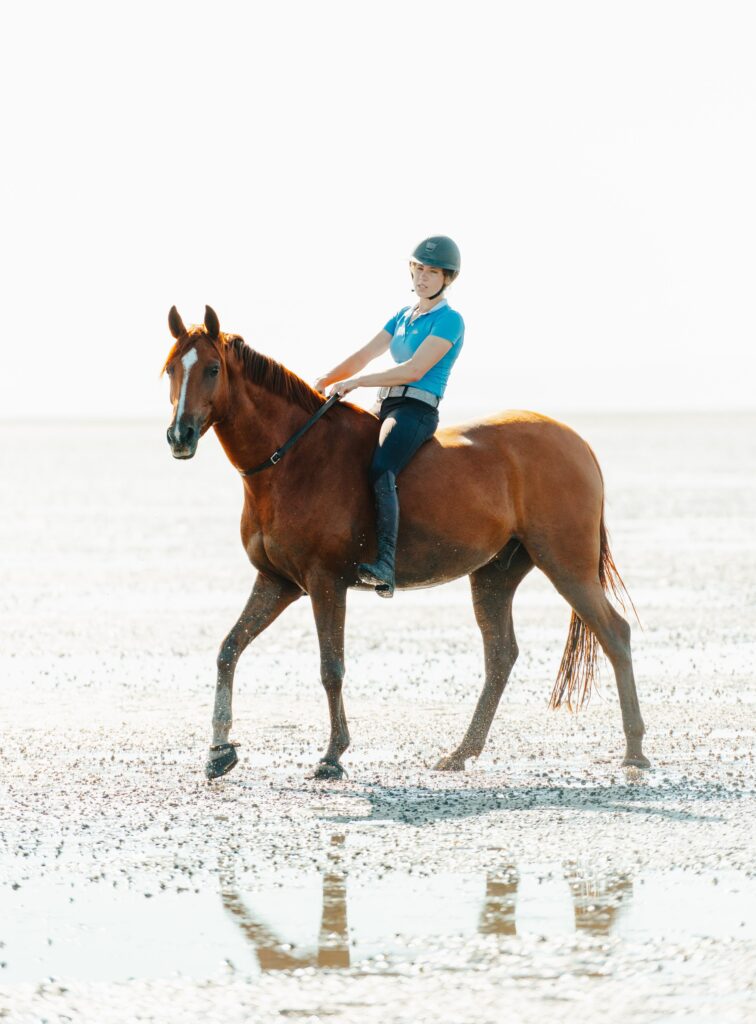
The Role of Horses in Promoting Empathy
Horses have a unique ability to promote empathy in individuals. These gentle and intuitive creatures can sense and respond to human emotions. When interacting with horses, riders are encouraged to be present, attentive, and aware of their own emotions and body language. Horses mirror and respond to the emotions of the rider, creating a feedback loop that deepens the emotional connection. Horses can sense when a rider is anxious, fearful, or calm, and they respond accordingly. This heightened emotional connection can foster empathy and emotional intelligence.
The Physical Connection between Horse and Rider
The physical connection between horse and rider plays a significant role in empathy development. As riders learn to navigate the movements of the horse, they develop a sense of physical empathy. They must synchronize their body movements with the horse’s rhythm, balance themselves in the saddle, and use subtle cues to communicate effectively. This physical connection creates a sense of unity and cooperation between horse and rider, enhancing empathy and understanding.
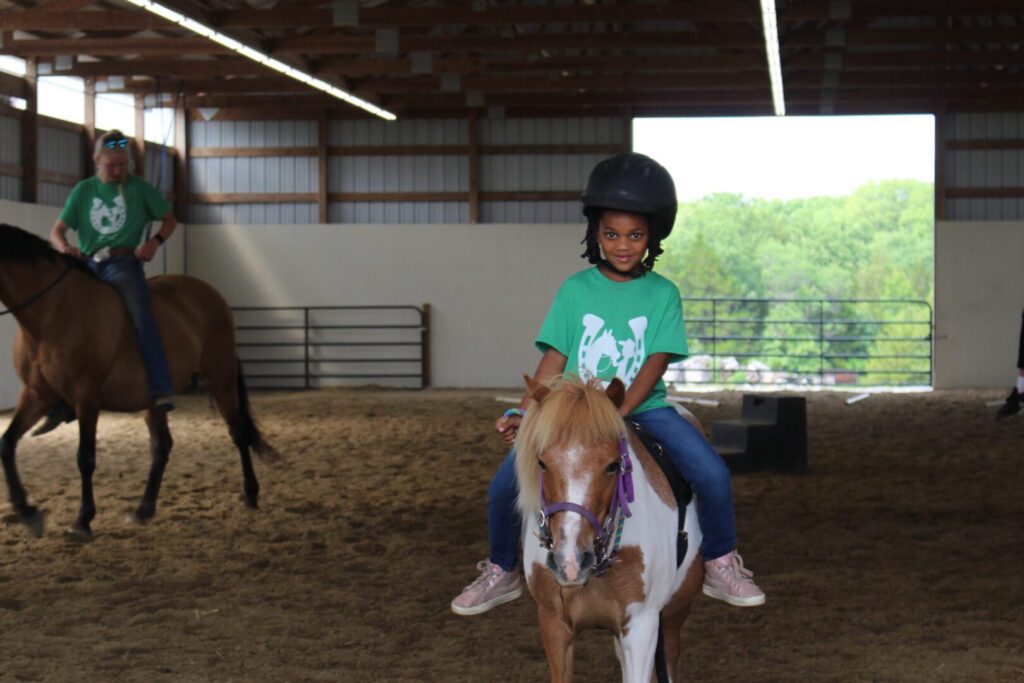
The Emotional Connection between Horse and Rider
In addition to the physical connection, the emotional connection between horse and rider is equally important. Horses are sensitive creatures that respond to the emotions and energy of their riders. By connecting with a horse on an emotional level, riders can develop a deeper understanding of the emotions and needs of others. Horses provide a safe and non-judgmental space for individuals to explore and express their emotions, fostering empathy and emotional growth.
The Role of Trust and Communication
Trust and communication are essential elements of horseback riding and empathy development. Riders must establish a foundation of trust with their horse, creating a safe and secure environment for both parties. Through clear and effective communication, riders learn to understand the needs and desires of the horse, while horses learn to trust and respond to the cues and signals given by the rider. This mutual trust and effective communication build empathy and strengthen the bond between horse and rider.
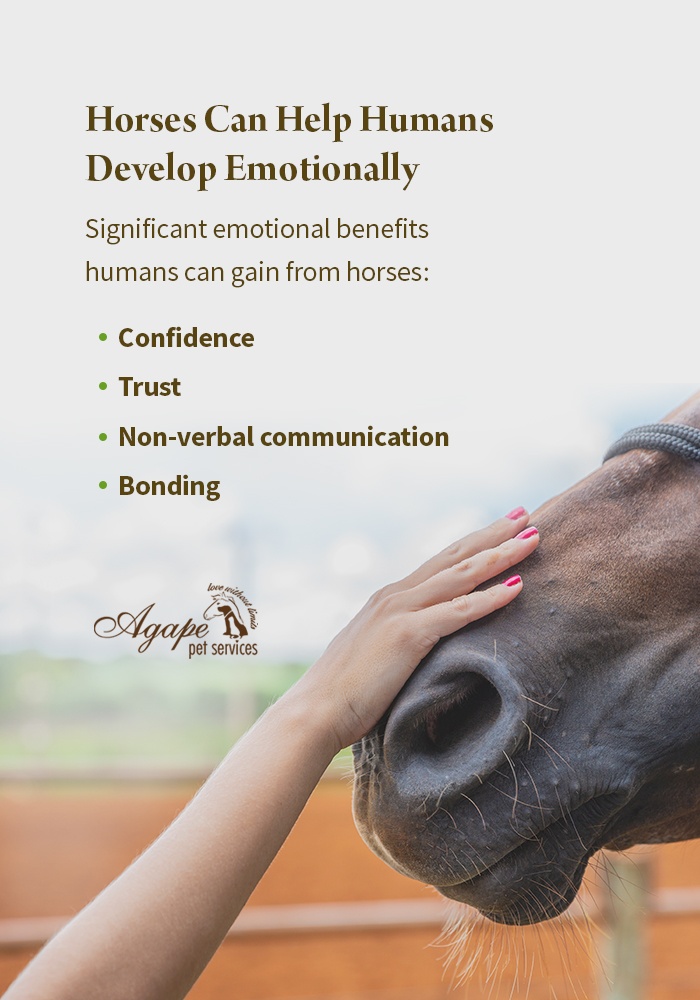
The Therapeutic Use of Horses in Empathy Building Programs
Horses have been recognized for their therapeutic benefits in a variety of contexts. Equine-assisted therapy is a growing field that utilizes horses as a medium for emotional growth and healing. In empathy-building programs, horses are used to facilitate meaningful connections and promote empathy development. These programs often involve activities such as grooming, leading, and riding horses, providing individuals with the opportunity to connect with horses and learn empathy skills in a supportive and therapeutic environment.
Equine-Assisted Therapy and Empathy Development
Equine-assisted therapy has been shown to be effective in developing empathy. Through activities such as grooming and leading horses, individuals are encouraged to observe and respond to the horse’s emotions and needs. This hands-on interaction allows individuals to practice empathy skills, such as active listening, picking up on non-verbal cues, and responding with kindness and compassion. Equine-assisted therapy provides a unique and powerful setting for individuals to develop empathy and enhance their emotional intelligence.
Empathy Development Programs with Horses
There are various empathy development programs that incorporate horses. These programs are designed to enhance empathy skills and promote personal growth. Participants may engage in activities such as horseback riding, grooming, groundwork, and reflective exercises. These programs provide individuals with the tools and experiences necessary to develop empathy and translate it into everyday life. Depending on the program, participants may have the opportunity to work individually or in groups, allowing for a range of learning experiences.
Case Studies of Empathy Development through Horseback Riding
Numerous case studies have documented the positive impact of horseback riding on empathy development. For example, a study conducted with at-risk youth found that participation in a horseback riding program led to improvements in empathy, self-esteem, and social skills. Another case study focused on individuals with autism spectrum disorder and found that horseback riding increased empathy, communication, and emotional regulation. These case studies highlight the transformative power of horseback riding in fostering empathy and personal growth.
Testimonials from Riders on Empathy Development
Riders who have experienced the connection between horseback riding and empathy often share testimonials of their experiences. Many riders express how interacting with horses has allowed them to develop a deeper understanding of themselves and others. They speak of the profound empathy and compassion they have gained through their relationships with horses. These testimonials provide a personal and insightful perspective on the transformative nature of horseback riding and its influence on empathy and emotional development.
Tips for Using Horseback Riding to Enhance Empathy
If you are interested in using horseback riding to enhance your empathy skills, here are some tips to consider:
- Choosing the Right Riding Program: Look for programs that focus on empathy development and offer a supportive and inclusive environment.
- Establishing a Connection with the Horse: Take the time to bond and build trust with the horse before getting on the saddle. Spend time grooming, leading, and observing the horse’s behavior.
- Developing Skills for Empathy through Riding: Pay attention to the horse’s movements, emotions, and needs while riding. Practice active listening and responding with empathy.
- Building Trust and Empathy through Groundwork: Engage in groundwork exercises that promote trust, communication, and cooperation with the horse. These activities can strengthen the emotional connection between horse and rider.
- The Importance of Patience and Understanding: Remember that developing empathy takes time and practice. Be patient with yourself and the horse, and approach each experience with understanding and compassion.
Conclusion
Horseback riding and empathy are deeply interconnected. The physical and emotional connection between horse and rider, coupled with the principles of trust and communication, provide a powerful platform for empathy development. Scientific studies, case studies, and testimonials all support the transformative impact of horseback riding on empathy skills. By engaging in horseback riding and incorporating empathy-building activities, individuals can enhance their empathy, emotional intelligence, and personal growth. So saddle up, connect with a horse, and embark on a journey of empathy development through the incredible world of horseback riding.
